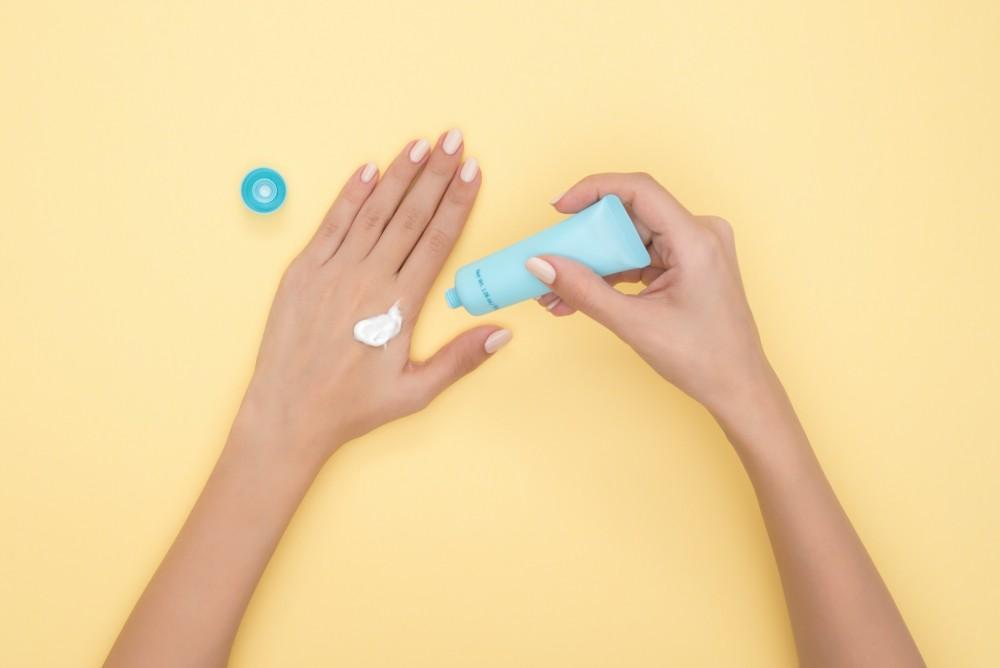
Does Cold Weather Affect Your Skin?

Many patients report irritation, rashes, and change in skin texture during the winter season. So, does your skin truly change with dry, cold conditions?
In the winter, decreased moisture in the air and frequent use of heaters causes increased evaporation of water from the skin. This results in dry skin that is more prone to rashes.
There are several skin conditions that are caused by or worsened by cold temperatures. Some examples include eczema, Raynaud’s phenomenon, cold-induced hives (urticaria), chilblains, and several other conditions.
Our skin serves as a barrier against changes in ambient temperature, allowing us to maintain our body temperature at a steady state. Studies have shown that our skin changes on a molecular level in dry, cold conditions.
As a defense mechanism, our skin increases the thickness of the top layer of the skin (the stratum corneum), to prevent water loss during dry conditions. In addition, when exposed to extreme cold temperatures, blood vessels in our skin can constrict which can cause a decrease in the oxygenation of the skin.
Patients can protect their skin from the harsh conditions in the winter by frequent use of emollients or moisturizers. We recommend gentle skin care including using lukewarm water during showers and limiting showers to less than 15 minutes. It is important to moisturize the whole body immediately after showering.
If you struggle with dry, dull skin or develop new or worsening rashes in the winter, our board-certified dermatologists at Elevation Dermatology can evaluate your skin and develop a personalized treatment plan suited for your skin and lifestyle.
You Might Also Enjoy...


Botulinum toxin injections: What are they and when should you start getting them?

Salicylic Acid Peels: The Ideal Peel for Acne and Rosacea-Prone Skin

Glycolic Acid Peels: Everything You Need To Know

Telehealth: The Advantages of Telemedicine


